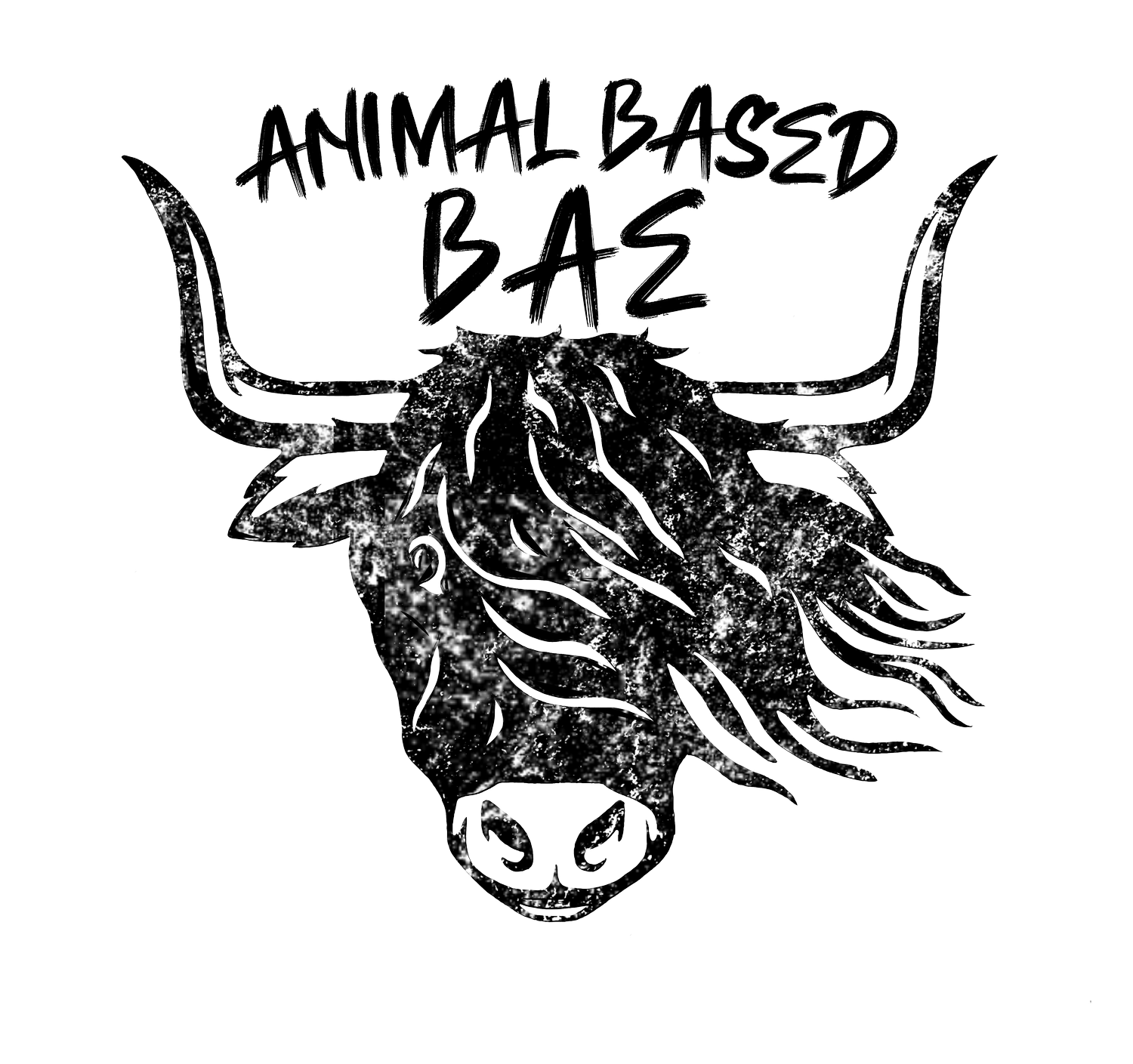Alive Not Optimized
Have We Lost the Point of Wellness?
Over-Intellectualizing Health vs. Finding Balance
We live in an era where data is king, health is a job, and eating requires a spreadsheet.
Discipline is no longer just about consistency—it’s become a contest of who can micromanage the most metrics.
Let me be clear: this is not a takedown of discipline.
Discipline is beautiful. It’s necessary. It’s the backbone of real, grounded vitality.
But what happens when our pursuit of “health” makes us feel less alive?
If you aren’t leaning into the moments that make you feel alive, what’s the point of all the effort?
The Paralysis of Overthinking Your Health
It starts innocently enough: a supplement here, a tracker there, a protocol to “support detox.” But somewhere along the way, wellness becomes a maze of metrics and micro-decisions.
“Am I fasting long enough?”
“Did I hit my protein target... to the gram?”
“Should I cold plunge before or after red light therapy?”
“Is my HRV optimal?”
Before you know it, you’re more stressed about your health than you are healthy.
Discipline is powerful. Intentionality matters. But over-optimization is a fast track to burnout. It’s not the tools that are the problem—it’s when those tools start managing you.
Are you using wellness as a way to live more fully—or just as another thing to control?
When Simplicity Gets Lost in the Noise of Optimization
Health is not a performance. It’s not a spreadsheet.
It’s a state of being—rooted in the rhythms of nature, the wisdom of your body, and the habits you build over time.
When you grind your body into a bald tire trying to “get it right,” you’re missing the point.
I always return to this:
Our ancestors didn’t have WHOOP bands or CGMs—but they thrived by eating real food, moving naturally, sleeping with the sun, and trusting their instincts.
That’s the foundation I share in my Animal-Based Guide — not as another rigid protocol, but as a return to sanity.
Clean, complete food is the first step in clearing the noise. When you're nourished with foods your body actually recognizes—foods from the land, not from factories—you begin to reconnect with your inner knowing.
Addictive, hyper-palatable food disconnects us. It numbs hunger cues. It hijacks tastebuds. It makes us forget what true nourishment even feels like.
And here’s the hard truth: in a world designed to sell us toxins and shortcuts, there’s a mentality that shames people for saying no.
“No thanks, I don’t want the donut.”
“No, I’ll skip the drink tonight.”
Suddenly, you’re labeled “too rigid” or “obsessed.” But resisting those temptations isn’t about being joyless—it’s about protecting your long-term aliveness.
Because maybe it’s not just one donut. Maybe it’s the spark that reignites months of cravings, self-sabotage, and inflammation that leave you feeling miserable.
In a world of toxins, discipline is not punishment. It’s protection.
If food is supposed to nourish, why are we addicted to what makes us feel worse?
Trading Intuition for Algorithms
We’ve outsourced our instincts to apps.
We listen more to our glucose monitors than our gut feelings.
We chase macros and “zones” and lose the ability to actually feel what’s going on inside us.
Yes—biofeedback can be useful. But it should support intuition, not override it.
Biohacking shouldn't come at the expense of body wisdom.
If your lab results are perfect but you feel like shit, that’s a clue.
If your metrics are on point but you’re irritable, disconnected, or rigid, that’s not wellness—it’s obsession.
The animal-based way of eating is not just about nutrition—it’s about rebuilding trust in your body’s intelligence. When you fuel yourself with real, complete, ancestral foods, you slowly remember: your body already knows what to do.
Why trust a tracker more than your own body’s truth?
Worshipping the Lab Results While Ignoring How You Feel
Let me be clear:
This isn’t a takedown of data.
I love functional labs and supportive tools. I’m here for informed choices.
But I’m not here for turning your health into a full-time job that pays in anxiety.
This is about finding the balance between awareness and obsession, between discipline and disconnection
Because when you’re checking all the boxes, following all the rules—and still feel off?
That’s your cue to pause.
Discipline should support your vitality—not squeeze the joy out of your life.
What’s the point of having perfect health markers if you’re too exhausted to enjoy your life?
Health is Not a Hustle
You don’t have to earn your health through endless hacks.
You nourish it by:
Eating foods your body recognizes (my Animal-Based Guide walks you through that with clarity and simplicity).
Honoring hunger, rest, and sunlight.
Ditching fear around food and tuning into what works for you.
Moving in ways that feel alive, not punished.
Trusting that your body is intelligent—when given real food and space to heal.
If you’re eating food that’s been engineered for addiction, it’s nearly impossible to hear your intuition.
That’s why the first step isn’t more control—it’s cleaning the slate.
If you’re grinding for health but losing your life in the process, is that really health?
Final Thoughts
Optimization should support your life—not become your life.
So if you’re feeling burnt out from the data, exhausted from the effort, or just unsure whether you’re doing “enough”... pause.
Step back.
Breathe.
Eat some grass-fed meat.
Get sunlight.
Feel your feet on the earth.
And remember: your body isn’t broken.
It’s just trying to be heard above the noise.
Let it speak.
Then trust what it says.
Because at the end of the day—what are we even optimizing for, if not to feel more alive? If you’re ready to simplify things and come back to a more primal, intuitive rhythm—my Animal-Based Guide is a great place to start.
Real food. Clear habits. Zero obsession.
Because health should be freeing, not frustrating.
Lindsay

